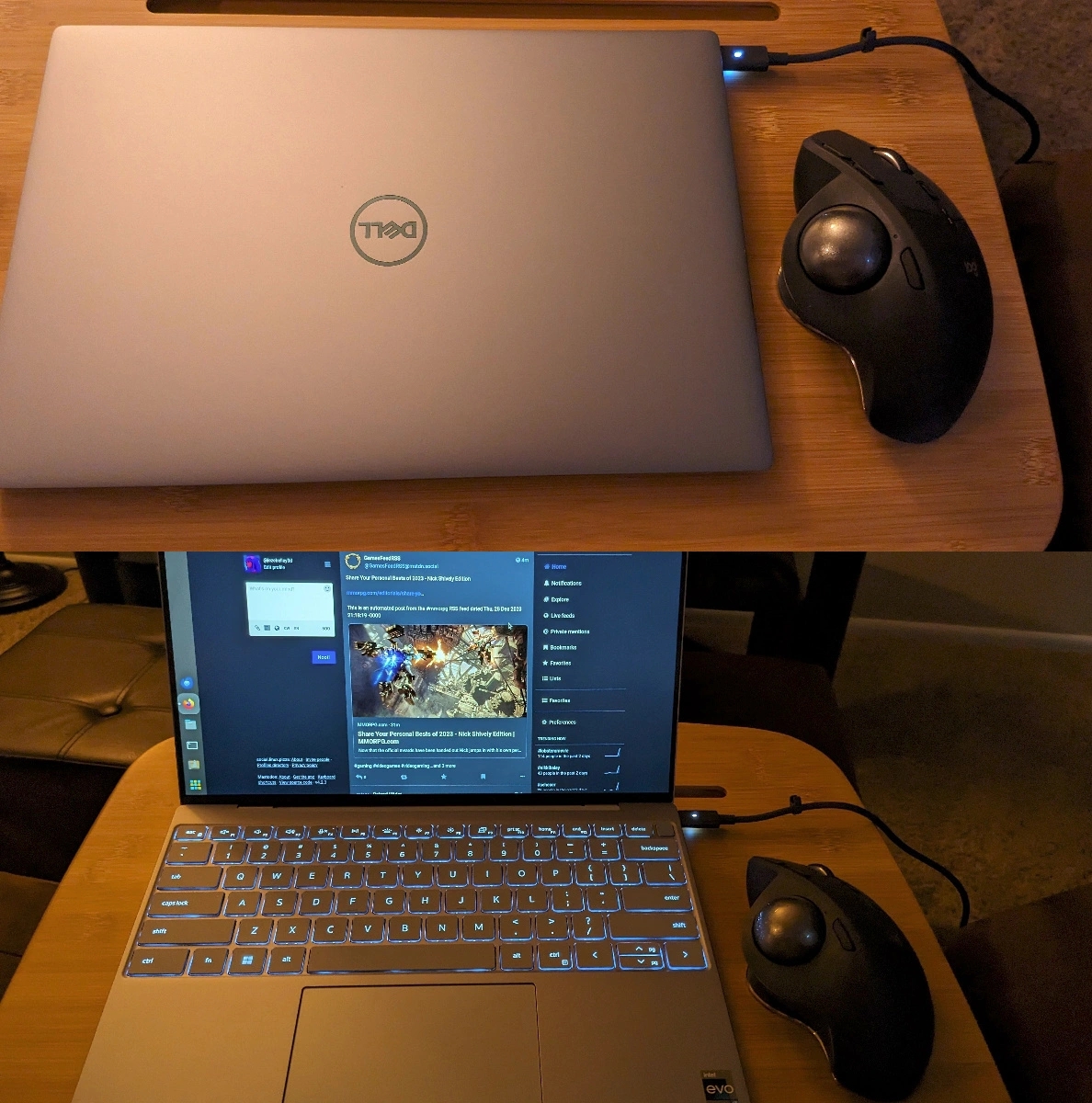545
you are viewing a single comment's thread
view the rest of the comments
view the rest of the comments
this post was submitted on 28 Dec 2023
545 points (96.3% liked)
Linux
48746 readers
1140 users here now
From Wikipedia, the free encyclopedia
Linux is a family of open source Unix-like operating systems based on the Linux kernel, an operating system kernel first released on September 17, 1991 by Linus Torvalds. Linux is typically packaged in a Linux distribution (or distro for short).
Distributions include the Linux kernel and supporting system software and libraries, many of which are provided by the GNU Project. Many Linux distributions use the word "Linux" in their name, but the Free Software Foundation uses the name GNU/Linux to emphasize the importance of GNU software, causing some controversy.
Rules
- Posts must be relevant to operating systems running the Linux kernel. GNU/Linux or otherwise.
- No misinformation
- No NSFW content
- No hate speech, bigotry, etc
Related Communities
Community icon by Alpár-Etele Méder, licensed under CC BY 3.0
founded 5 years ago
MODERATORS

One word: aptitude. Learn no mark your packages as dependency installed (capital M) and do it every update. The only downside is that it doesn't sync that info with synaptic. But if you use it exclusively for package management you'll end up with little to no stay packages after dist-upgrade.
The interface is very similar to and predates synaptic, but it's a terminal tool in ncurses. So even if you lose access to the GUI you still have something friendly to try and recover.